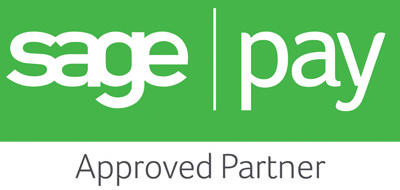No More Cookies? A Drastic Digital Diet
The world of digital marketing has developed with the support of cookies. These crumbs of data, stored in the browser of each device, allow website owners and marketers to track online activity that shapes and informs how businesses market to their customers. Before we had cookies, it was very hard to tell where on the web a prospect had seen your advert and how they had arrived in your sales pipeline.
Cookies changed all that, making it possible to attribute, to a fine degree, where each individual had started their journey, how many times they had seen your content or adverts and what else they were interested in based on their browsing history. The technology developed so far that it was possible to identify individual customers from their data. In the past few years this has become seen as fairly intrusive, so tech giants have pulled back.
GA4 relies on cohorts of users rather than the narrowly defined segments it was possible to create in previous iterations. New rules about cookie consent allow individual users more choice over what cookies they will accept, if any. This is why every website you visit requires you to select the cookies you're willing to accept, with some giving you a one-click option to reject all of them, even performance and analytics cookies.
Performance and analytics cookies are useful for maintaining website functionality; the data fed back into analytics systems easily shows where broken links are frustrating the user journey. Marketing cookies track much more information about the user, even when they're on another website.
One company has decided to do away with cookies altogether, even the performance and analytics ones. Sentry.io is an open-source software company with developers as their key clients. As digital natives, developers are generally highly averse to tracking of any kind so it was a smart move by Sentry, in terms of creating trust in their customer relationships. However, although customers are pleased by the move, not least because without cookies there's no annoying cookie consent banner, they have had to change how they market.
Attribution was the biggest problem, as without cookie data it is hard to manage Google Ads well – there's no visibility over how many times an individual may have seen a particular advert. There are also limits to the ways adverts can be A/B tested without cookies. For this particular company, word of mouth and reputation are strong tools, which helps mitigate the negative impact on these digital marketing functions.
Functionality was affected too – without performance and analytics cookies they weren't getting the feedback on broken links, underperforming pages and automatic redirects that relied on cookies. This created more hands-on requirements for website auditing, and was a sharp learning curve.
Third party sites like YouTube use cookies and Sentry had been using the platform for hosting videos to embed in their own site. This was at odds with the no-cookie commitment. This last minute discovery meant delaying the cookie diet project by 2 weeks, while all content was migrated to a new platform that didn't use cookies.
Sentry got smart with their marketing, using different tools that don't rely on cookies to track user engagement as much as possible. There are CPC ad tools which can be used with less targeted data, while video engagement monitoring was redefined to reflect the more basic information they were able to collect.
Not every company will be able to do this, and it's really because going cookie-less is seen so favourably by Sentry's customers that it was a good move. It does, however, provide a useful insight into how marketing can be done without so much reliance on cookies. Who knows how far the digital world will go in respecting online privacy? It's good to know what your options are if cookie restrictions impact your marketing activities.
